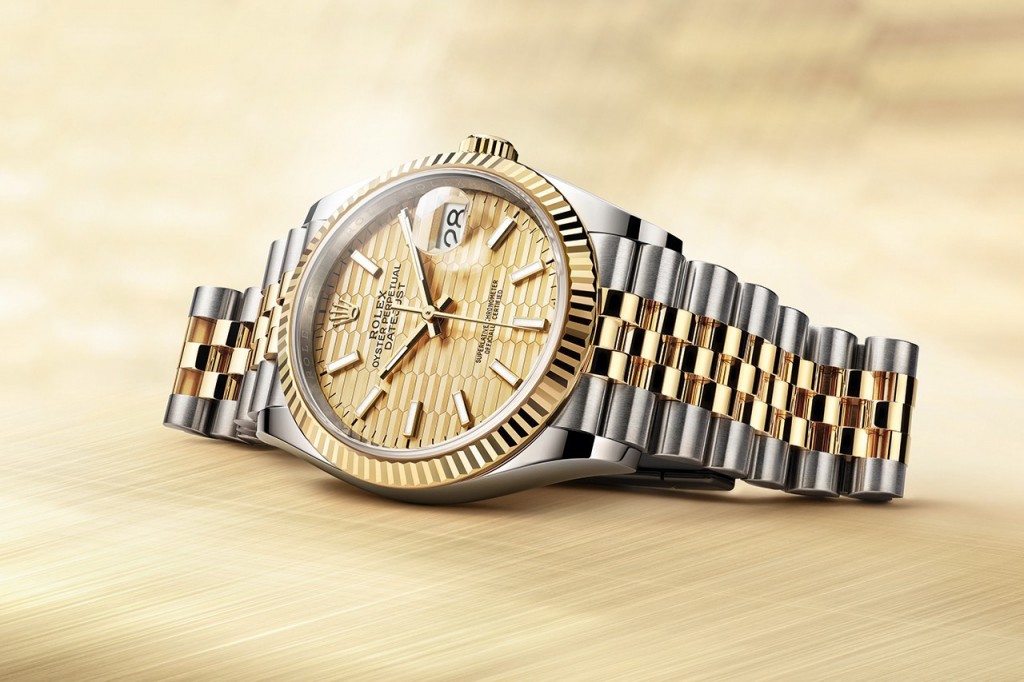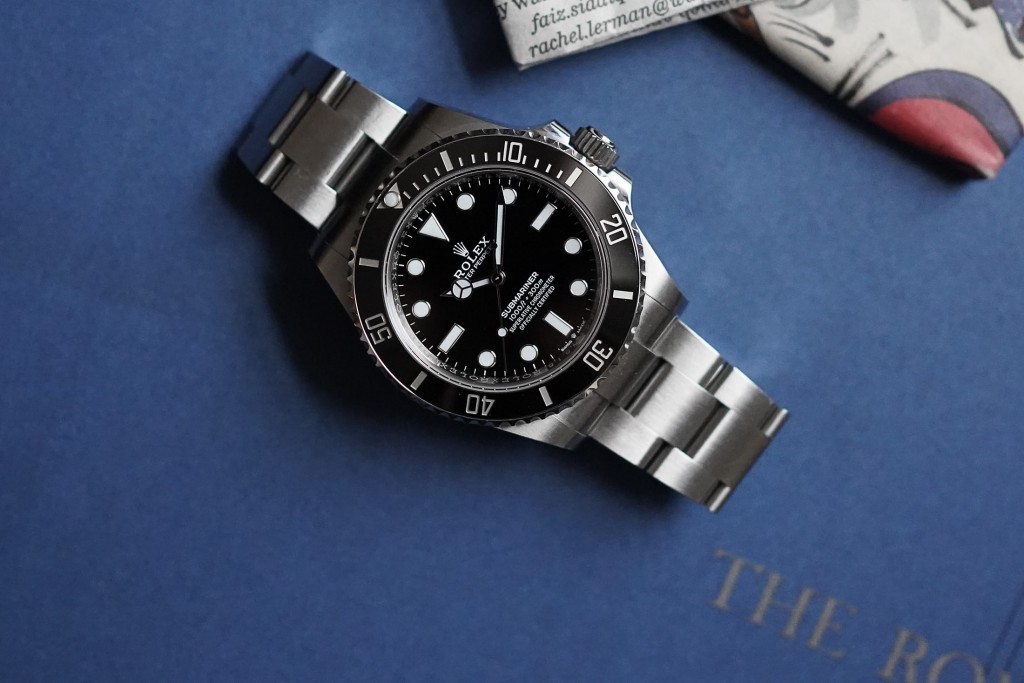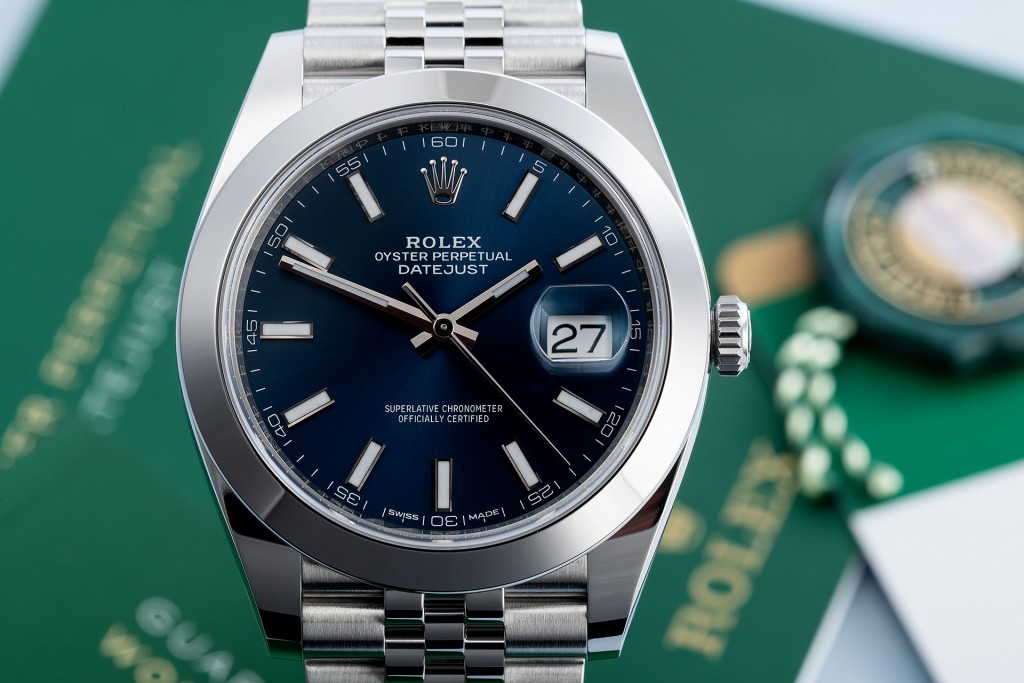In the past, scarcity was a major characteristic of luxury goods and services, like the Rolex. And this was not just in terms of the number of products that were made available to the general public, but also in terms of the waitlists that were touted as the ultimate way to separate the ‘chaff from the wheat.’
Not anymore.
Countless studies and thought pieces have shown that Gen Zers and quite possibly, the entire current crop of consumers, do not appreciate waitlists and long wait times. Quite a number of luxury brands have gotten the memo, with some like Off-White, Dolce&Gabbana, and Oscar de la Renta partnering with Farfetch’s pre-order program to get goods to consumers faster and reduce waste.
It appears that Rolex did not get the memo.

As luxury brands began to face minor backlash for long wait times, Rolex timepieces began to disappear from the market, with popular models like the Submariner and the Daytona becoming almost impossible to find. Concurrently, on the resale market, prices of these models began to jump up, in some cases tripling the advertised retail price on the Rolex website.
In spite of questions to Rolex, the Swiss watchmaker kept mute.
Their silence did not come as a surprise. The brand is owned by the Hans Wilsdorf Foundation, which is recognized by the Swiss government as a charitable trust, aka a privately-owned business with no shareholders to answer to. As such, once they were able to establish a model that worked for everybody, it did not make any sense for them to change it let alone field questions from the media.
That is, until an article from Yahoo Finance highlighted the problem and implied that Rolex’s hands were tied with regards to providing a solution.

Rolex responded to the story with the statement below, explaining to Hodinkee that there were no prior statements because no one asked them:
“The scarcity of our products is not a strategy on our part. Our current production cannot meet the existing demand in an exhaustive way, at least not without reducing the quality of our watches – something we refuse to do as the quality of our products must never be compromised. This level of excellence requires time, and as we have always done, we will continue to take the necessary time to ensure that all our watches not only comply with our standards of excellence, but also meet the expectations of our customers in terms of quality, reliability and robustness. Rolex does not compromise on what it takes to produce exceptional watches.
All Rolex watches are developed and produced in-house at our four sites in Switzerland. They are assembled by hand, with extreme care, to meet the brand’s unique and high-quality standards of quality, performance and aesthetics. Understandably, this naturally restricts our production capacities – which we continue to increase as much as possible and always according to our quality criteria.
Finally, it should be noted that Rolex watches are available exclusively from official retailers, who independently manage the allocation of watches to customers.”
It is not immediately clear how true their claim of no one contacting them is. SCMP, in their article about the same challenge one month before the Yahoo Finance article, had claimed that their request for a comment was not answered. Prior attempts may have been routed wrongly, or not worded properly.

Whatever the case is, we now know why exactly we cannot easily get a Rolex at official rates, and apparently, the brand is not to blame.
It remains to be seen how well shifting the buck will work for the Swiss timepiece brand. Discontent over the scarcity of Rolex has grown so high that some media platforms have started a mini-boycott of the business. Not taking responsibility for what is clearly a major problem might backfire and reduce its value.
But then again, their response shows that Rolex is starting to pay attention. And even though they are still not doing much talking, it is possible that in future, we will see them take firmer control of the retail end of things.
